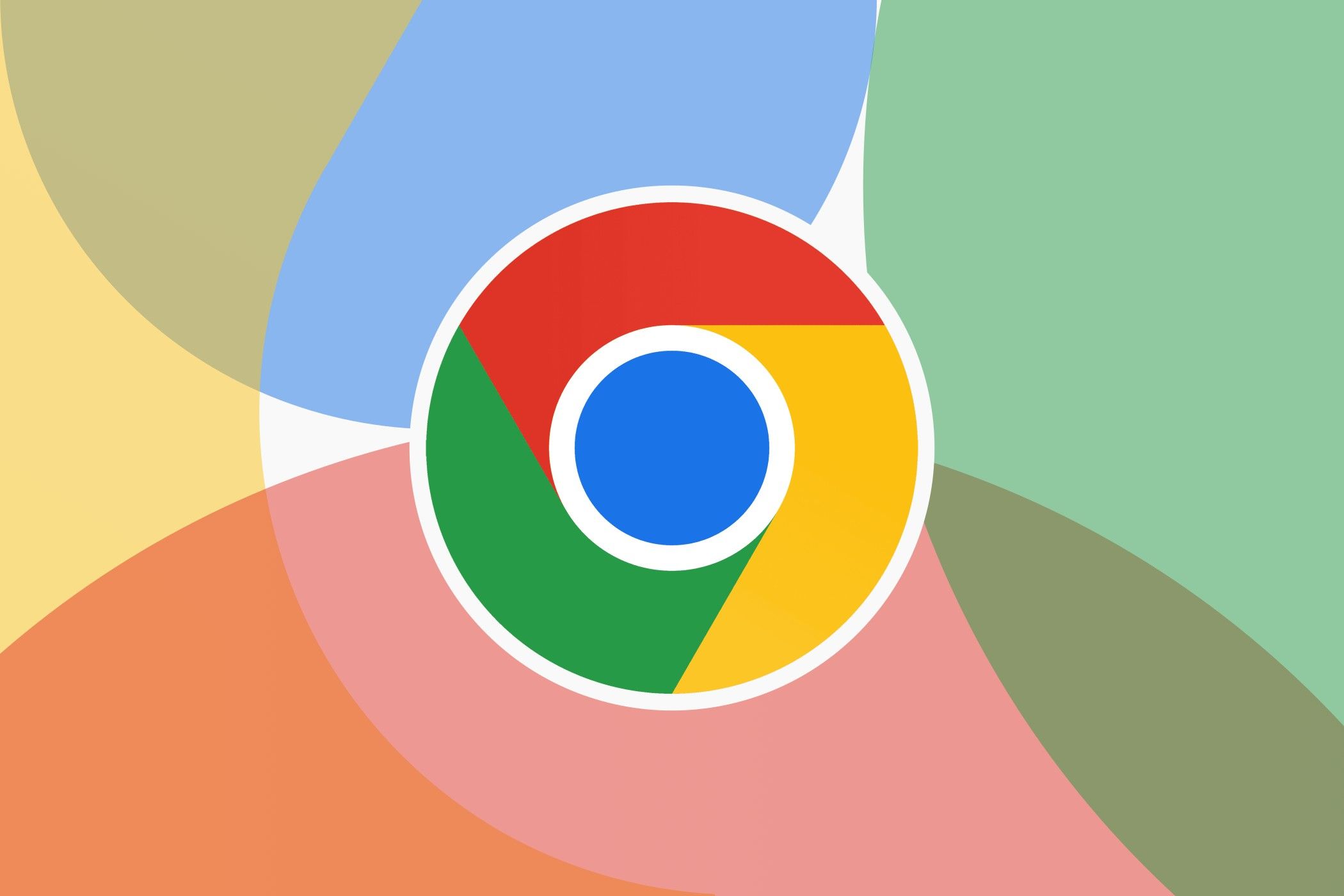Picture-in-picture mode allows you to keep watching a video without it taking a notable chunk of your screen, so you can quickly access a banking app or send a message without interrupting your watching experience. What if you took that same concept, but applied it to other “floating” things? It’s exactly what Google Chrome will now be doing for some minimized tabs.
Google Chrome has unveiled a new feature, “Minimized Custom Tabs,” soon to roll out to Android users which promises to redefine the way you multitask. Basically, it’s an improvement to the existing Custom Tabs feature (the pop-up browser interfaces that open inside other apps and use Chrome as a backend), but one that might actually change the way you use it. Previously, if you wanted to keep tabs on it (no pun intended), you needed to go into the 3-dot menu and tap on “Open in Chrome” so that it became an actual tab.
Now, with a simple tap on the new “down” button, you can minimize a custom tab into a compact, floating picture-in-picture (PiP) window. This floating window can be repositioned anywhere on the screen, ensuring it doesn’t obstruct the user’s view of the native app they are using. When users are ready to return to the web page, another tap on the floating window will restore it to its full size.
This will be useful if you need to go back to do stuff such as checking email, reading articles, or watching videos without having to close that custom tab. Before now, they had a tendency to close themselves even if you just switch to a different tab.
The Minimized Custom Tabs feature is automatically activated in Chrome version 124 and later, and nothing is required on a developer’s end to support it. The feature is available to all users, and it’s a Chromium-level change, which means that it’s a change that can also be implemented by other Chromium-based browsers such as Microsoft Edge. Whether they will is a different thing, but most Chromium browsers are pretty good at implementing these kinds of universal changes.
Source: Chromium Blog

